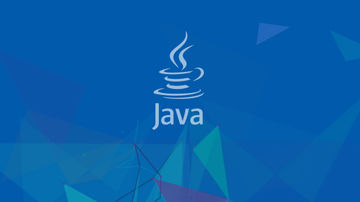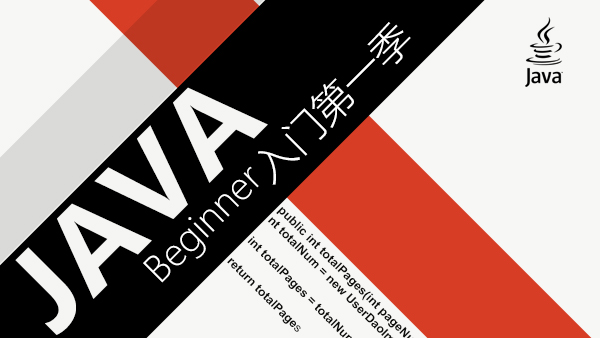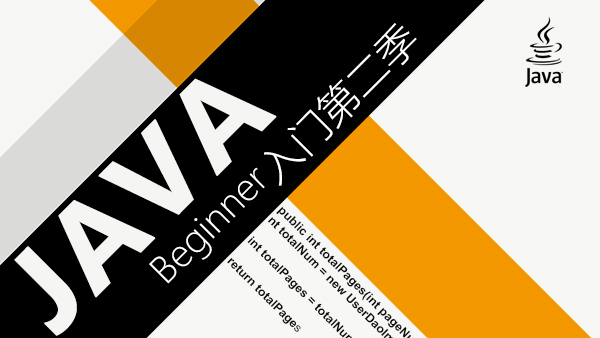下面的;例子演示了从 OriginActivity activity 传递字符串“some data!” 到DestinationActivity activity.
注:这是两个活动之间发送数据的最直接的方法。
public class OriginActivity extends AppCompatActivity {
@Override
protected void onCreate(Bundle savedInstanceState) {
super.onCreate(savedInstanceState);
setContentView(R.layout.activity_origin);
// Create a new Intent object, containing DestinationActivity as target Activity.
final Intent intent = new Intent(this, DestinationActivity.class);
// Add data in the form of key/value pairs to the intent object by using putExtra()
intent.putExtra(DestinationActivity.EXTRA_DATA, "Some data!");
// Start the target Activity with the intent object
startActivity(intent);
}
}
public class DestinationActivity extends AppCompatActivity {
public static final String EXTRA_DATA = "EXTRA_DATA";
@Override
protected void onCreate(Bundle savedInstanceState) {
super.onCreate(savedInstanceState);
setContentView(R.layout.activity_destination);
// getIntent() returns the Intent object which was used to start this Activity
final Intent intent = getIntent();
// Retrieve the data from the intent object by using the same key that
// was previously used to add data to the intent object in OriginActivity.
final String data = intent.getStringExtra(EXTRA_DATA);
}
}对于其他的数据基本类型传递也是可以的,调用intent。putExtra(key,value);但是取值时候要注明相应类型,比如传入的String,取值时候是getStringExtra()以此类推。
传递对象有两种方式
SerializableSerializable这种方式直接实现Serializable接口,剩下的系统会帮我们做好。
代码如下(简单粗暴直接代码示例!)
intent.putExtra(DestinationActivity.EXTRA_DATA, myParcelableObject);
bundle.putParcelable(DestinationActivity.EXTRA_DATA, myParcelableObject);
final MyParcelableType data = intent.getParcelableExtra(EXTRA_DATA);
Parcelable是一个Android特定的接口,可以对自定义数据类型实现的(即你自己的对象/ POJO对象)。它是Android提供的,比Serializable更加高效。
代码如下(简单粗暴直接代码示例!)
bundle.putSerializable(DestinationActivity.EXTRA_DATA, mySerializableObject);
final SerializableType data = (SerializableType)bundle.getSerializable(EXTRA_DATA);
public class Foo implements Parcelable
{
private final int myFirstVariable;
private final String mySecondVariable;
private final long myThirdVariable;
public Foo(int myFirstVariable, String mySecondVariable, long myThirdVariable)
{
this.myFirstVariable = myFirstVariable;
this.mySecondVariable = mySecondVariable;
this.myThirdVariable = myThirdVariable;
}
// Note that you MUST read values from the parcel IN THE SAME ORDER that
// values were WRITTEN to the parcel! This method is our own custom method
// to instantiate our object from a Parcel. It is used in the Parcelable.Creator variable we declare below.
public Foo(Parcel in)
{
this.myFirstVariable = in.readInt();
this.mySecondVariable = in.readString();
this.myThirdVariable = in.readLong();
}
// The describe contents method can normally return 0. It's used when
// the parceled object includes a file descriptor.
@Override
public int describeContents()
{
return 0;
}
@Override
public void writeToParcel(Parcel dest, int flags)
{
dest.writeInt(myFirstVariable);
dest.writeString(mySecondVariable);
dest.writeLong(myThirdVariable);
}
// Note that this seemingly random field IS NOT OPTIONAL. The system will
// look for this variable using reflection in order to instantiate your
// parceled object when read from an Intent.
public static final Parcelable.Creator<Foo> CREATOR = new Parcelable.Creator<Foo>()
{
// This method is used to actually instantiate our custom object
// from the Parcel. Convention dictates we make a new constructor that
// takes the parcel in as its only argument.
public Foo createFromParcel(Parcel in)
{
return new Foo(in);
}
// This method is used to make an array of your custom object.
// Declaring a new array with the provided size is usually enough.
public Foo[] newArray(int size)
{
return new Foo[size];
}
};
}MainActivity向DetailActivity传递数据,并且等待返回,MainActivity需要重写 onActivityResult(int requestCode, int resultCode, Intent data)方法,其中requestCode用于唯一标识请求的是DetailActivity,resultCode代表是请求的状态
粗暴的代码示例MainActivity:
public class MainActivity extends Activity {
// Use a unique request code for each use case
private static final int REQUEST_CODE_EXAMPLE = 0x9345;
@Override
protected void onCreate(Bundle savedInstanceState) {
super.onCreate(savedInstanceState);
setContentView(R.layout.activity_main);
// Create an Intent to start DetailActivity
final Intent intent = new Intent(this, DetailActivity.class);
// Start DetailActivity with the request code
startActivityForResult(intent, REQUEST_CODE_EXAMPLE);
}
// onActivityResult only get called
// when the other Activity previously started using startActivityForResult
@Override
public void onActivityResult(int requestCode, int resultCode, Intent data) {
super.onActivityResult(requestCode, resultCode, data);
// First we need to check if the requestCode matches the one we used.
if(requestCode == REQUEST_CODE_EXAMPLE) {
// The resultCode is set by the DetailActivity
// By convention RESULT_OK means that whatever
// DetailActivity did was executed successfully
if(resultCode == Activity.RESULT_OK) {
// Get the result from the returned Intent
final String result = data.getStringExtra(DetailActivity.EXTRA_DATA);
// Use the data - in this case, display it in a Toast.
Toast.makeText(this, "Result: " + result, Toast.LENGTH_LONG).show();
} else {
// setResult wasn't successfully executed by DetailActivity
// Due to some error or flow of control. No data to retrieve.
}
}
}
}
DetailActivity:
public class DetailActivity extends Activity {
// Constant used to identify data sent between Activities.
public static final String EXTRA_DATA = "EXTRA_DATA";
@Override
protected void onCreate(Bundle savedInstanceState) {
super.onCreate(savedInstanceState);
setContentView(R.layout.activity_detail);
final Button button = (Button) findViewById(R.id.button);
// When this button is clicked we want to return a result
button.setOnClickListener(new View.OnClickListener() {
@Override
public void onClick(View view) {
// Create a new Intent object as container for the result
final Intent data = new Intent();
// Add the required data to be returned to the MainActivity
data.putExtra(EXTRA_DATA, "Some interesting data!");
// Set the resultCode as Activity.RESULT_OK to
// indicate a success and attach the Intent
// which contains our result data
setResult(Activity.RESULT_OK, data);
// With finish() we close the DetailActivity to
// return back to MainActivity
finish();
}
});
}
@Override
public void onBackPressed() {
// When the user hits the back button set the resultCode
// as Activity.RESULT_CANCELED to indicate a failure
setResult(Activity.RESULT_CANCELED);
super.onBackPressed();
}
}
1.数据会立即返回,在调用finish()之后,所以setResult()方法需要在finish()之前调用,否否则数据不会返回。
2.确定你的Activity没有使用android:launchMode="singleTask”启动模式,否则他会在一个单独的task,这样数据也不会返回。如果你的Activity使用singleTask启动,那么会立即调用onActivityResult(),并且返回result code o是Activity.RESULT_CANCELED.
3.谨慎的使用android:launchMode="singleInstance”.在 Lollipop (Android 5.0, API Level 21)之前,不会返回数据。


 随时随地看视频
随时随地看视频





热门评论
-

尚杉2017-04-09 0
-

jmesSehng2017-02-08 0
查看全部评论上次我遇到了这么一个场景,展示sd卡里的文件,然后点击sd卡里的某个文件 然后返回这个文件的路径跳转到最初始的界面
还是有一些坑的,总结了一下,欢迎补充